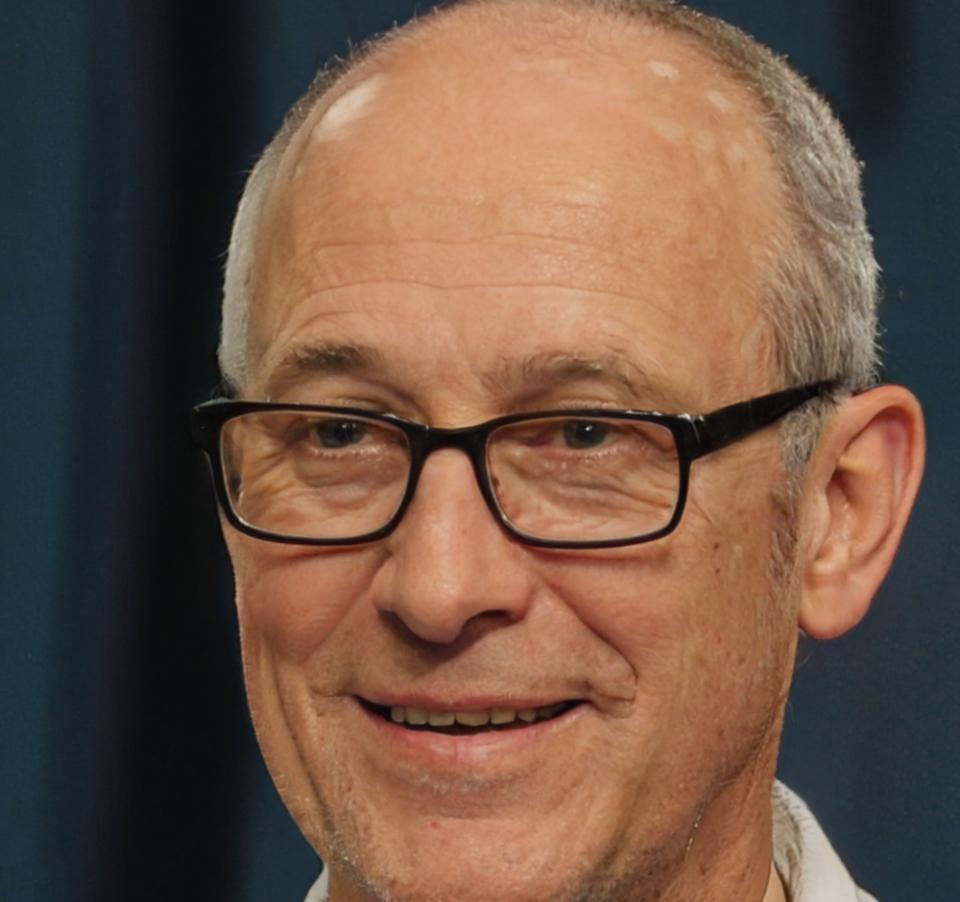Human-Centered Financial Modeling
Kieran's background in behavioral economics fundamentally shaped our approach. After witnessing traditional models fail during the 2008 crisis, he spent years studying how fear, greed, and cognitive biases actually drive market movements.
The melutharivone methodology emerged from this research. Instead of treating markets as purely rational systems, we model them as complex adaptive networks where human psychology plays a crucial role. This isn't just academic theory—it's practical knowledge that helps financial professionals make better decisions.
"Financial models that ignore human nature are like weather forecasts that ignore wind patterns. You might get the temperature right, but you'll miss the storm entirely."
